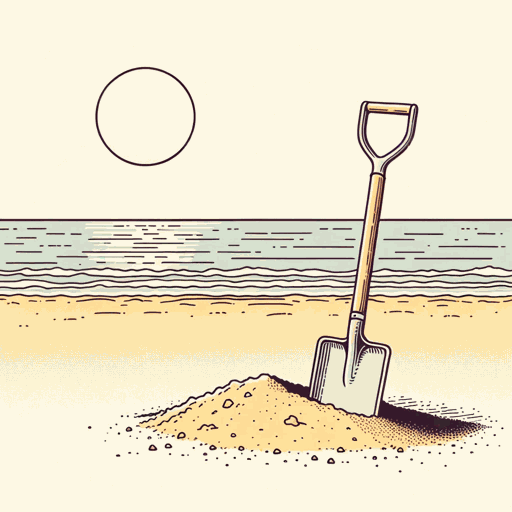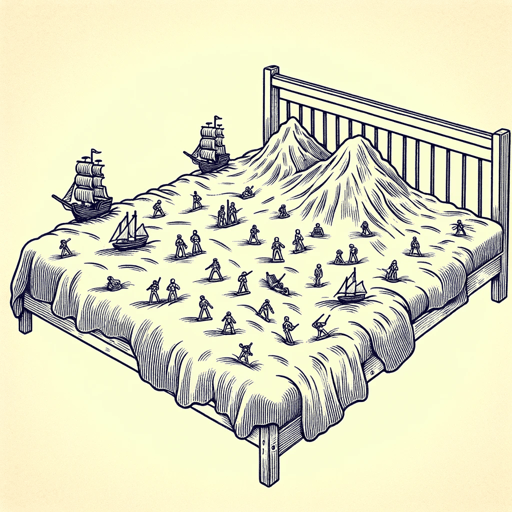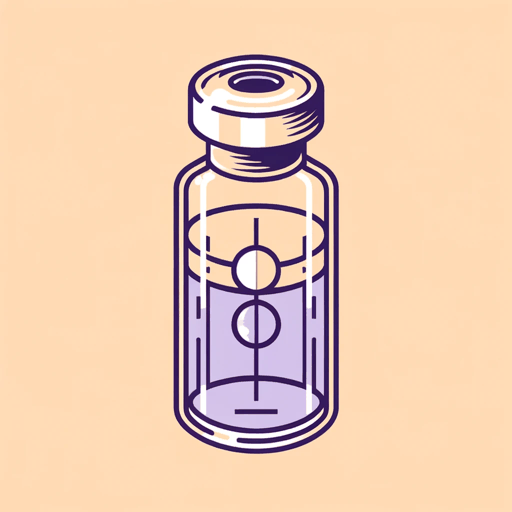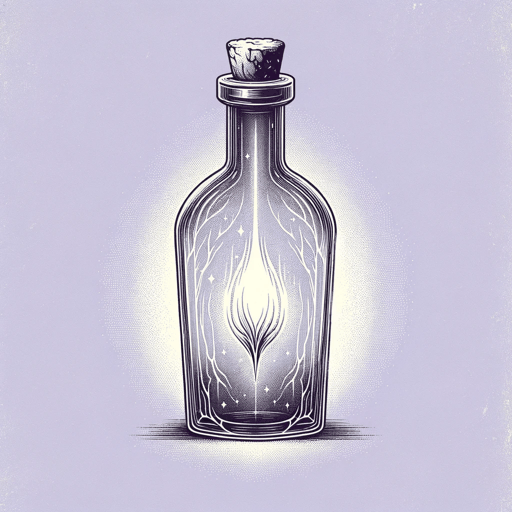31 pages • 1 hour read
Robert Louis StevensonThe Bottle Imp
Fiction | Short Story | Adult | Published in 1891A modern alternative to SparkNotes and CliffsNotes, SuperSummary offers high-quality Study Guides with detailed chapter summaries and analysis of major themes, characters, and more.
Themes
Self-Sacrifice for Love
Self-sacrifice is a major theme of this story, which emphasizes the importance of sacrificial love and putting others’ needs before your own. Keawe begins the story as a young and naive man whose greatest desire is adventure and wealth. Though he is not a bad person, he has not faced many trials yet in life and is mainly concerned with achieving his own happiness. When he gains the house through the death of his uncle, he is saddened but still resolves to enjoy it, deciding “I may as well take the good along with the evil” (Paragraph 65). His journey toward self-sacrifice begins when he pursues the bottle a second time to cure his leprosy. Though he is able to attain the cure and marry Kokua, he is miserable because he realizes he has risked damnation to do so. Nothing, not even loving Kokua, seems worth the sacrifice. Though Keawe’s love for Kokua is a positive thing, this turn of events seems to cast doubt on Keawe’s idea that he can take the good of the bottle along with the bad. It seems that the evil of the bottle and the threat of damnation is so great that it might cancel out any good that could come from it.
Related Titles
By Robert Louis Stevenson

At the Sea-Side
Robert Louis Stevenson

Kidnapped
Robert Louis Stevenson

Markheim
Robert Louis Stevenson

Requiem
Robert Louis Stevenson

The Black Arrow
Robert Louis Stevenson

The Land of Counterpane
Robert Louis Stevenson

The Master of Ballantrae
Robert Louis Stevenson

The Strange Case of Dr. Jekyll and Mr. Hyde
Robert Louis Stevenson

Treasure Island
Robert Louis Stevenson

